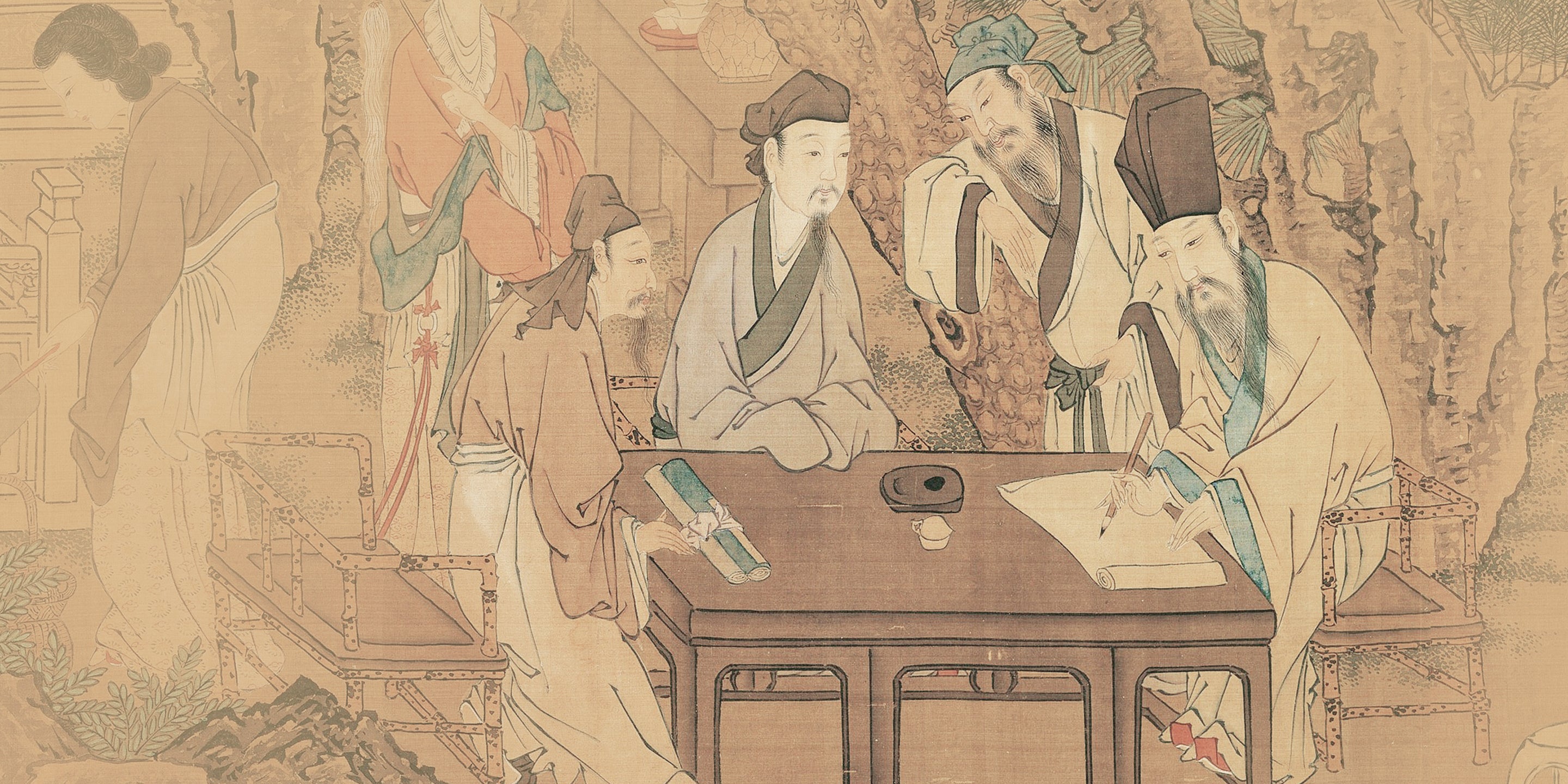
Two Master Calligraphers - Father and Son
Evan Mantyk, Contributing Writer
As Father’s Day approaches, we look back in wonder at some of the greatest fathers in China’s long history. They give us a new appreciation of fatherhood and its crucial role.
Known as the Sage of Calligraphy, Wang Xizhi of the Jin Dynasty (fourth century C.E.) is often considered the most accomplished calligrapher in Chinese history. He is renowned for creating the masterpiece “Preface to the Poems Composed at the Orchid Pavilion.” He is also known for using rigorous training to pass on his calligraphy skills to his son, Wang Xianzhi.
Wang Xizhi started training his son in calligraphy when he was seven years old. His son showed talent from a young age, and his calligraphy was often praised by his father’s friends and relatives. They frequently said that the boy would grow up to be as famous and accomplished as his father.
The constant praise worried Wang Xizhi and his wife, as they did not want their son to become arrogant and complacent. They knew that if he became complacent, he would never be able to push himself to achieve greatness.
One day, Xianzhi asked his mother, “How much longer do I need to practice calligraphy?”
His mother smiled and replied, “When you have finished writing with the 18 vats of water in the yard, only then will your strokes be steady and firm.” Xianzhi thought she was joking, however after seeing his father’s serious expression, he realized that mastery of the art would take a lot more practice, and he needed to commit himself even more. Xianzhi then continued to practice calligraphy in the yard for the next five years.
One day, Xianzhi showed his father some of his calligraphy, hoping to earn a bit of praise. Not wanting to encourage complacency, Wang Xizhi kept silent. He took a brush and added a dot under one of Xianzhi’s characters, 大 (“great”), to create the character 太 (“greatest”). Seeing that his father would offer no compliments, Xianzhi showed the calligraphy to his mother. She looked carefully at it and said, “You have practiced calligraphy for so many years, and you have gone through so many vats of water. But even still, only the dot on the character 太 resembles your father’s calligraphy.”
Upon hearing this, Xianzhi felt deeply ashamed. He realized that he had begun to think highly of himself before he had even achieved anything. He then knew that he still had a long way to go before he could be as good as his father. Thereafter, Xianzhi humbled himself and practiced very hard. He eventually went on to master the art of calligraphy. His skills were considered to be on par with his father’s. The father and son are known as the famous “Two Wangs” of Chinese history.
Photo courtesy of National Palace Museum Open Data.
You May Also Like
5 comments
This is a very inspiring story! Anyone who practices any kind of (traditional) arts should read this story.
Nice and inspiring story! Also helps me to make progress on my English reading skills.
:P Thanks for the writer of this story!
Good story! It tells the truth.
Very inspiring! I would love to show this to my son :)
Very inspiring! I would love to show this to my son :)






















